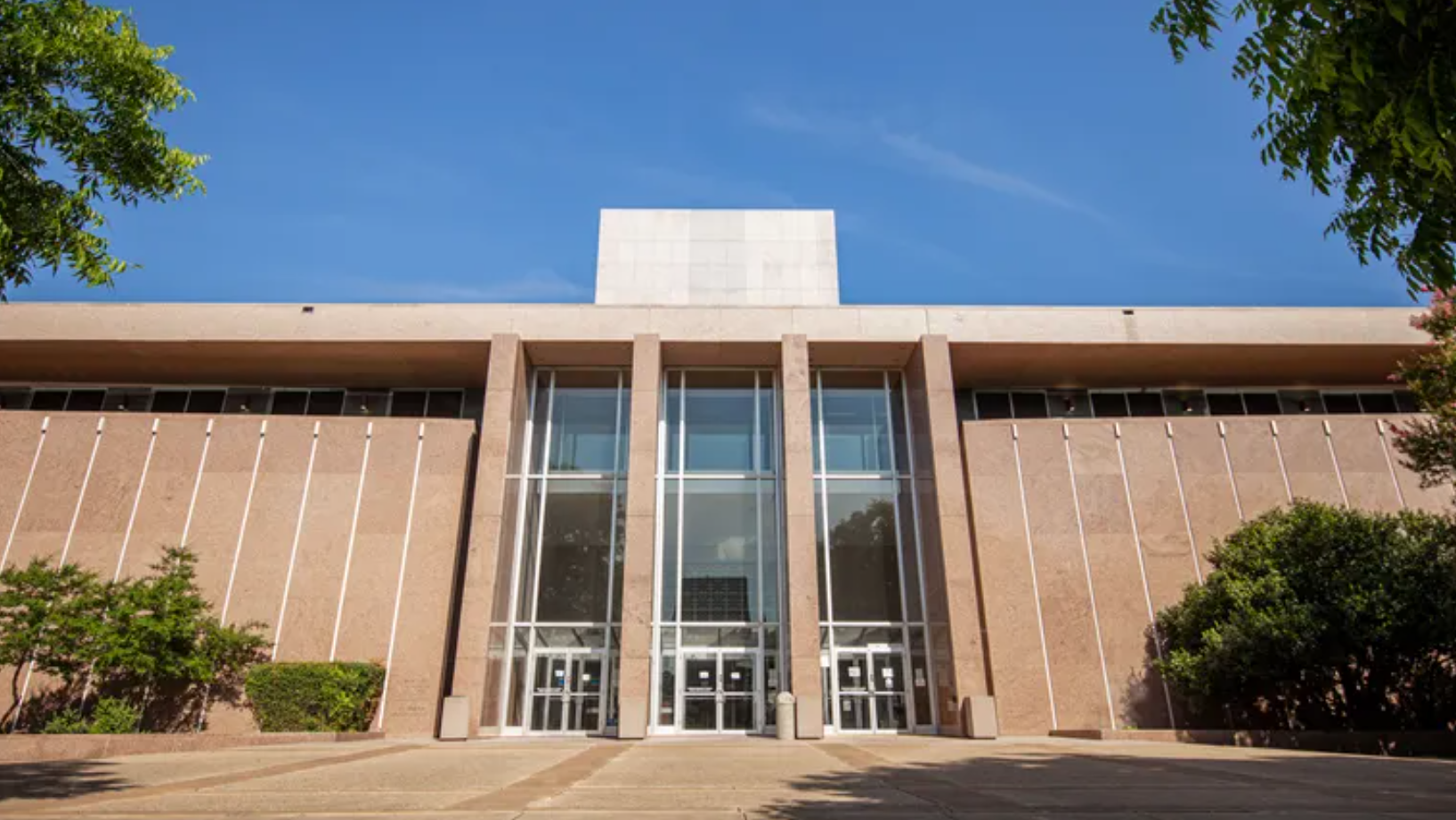UPDATE: A controversial ruling from the Texas Supreme Court has just opened the door for judges across the state to refuse to perform wedding ceremonies for same-sex couples based on personal religious beliefs. This decision, announced last week, raises urgent questions about the potential violation of constitutional rights for equal protection under the law.
Under the new judicial conduct code, judges can now publicly refrain from officiating weddings if they cite a “sincerely held religious belief.” While experts suggest this change may not drastically affect same-sex couples’ access to marriage, it undeniably introduces a new layer of uncertainty in Texas.
David Coale, a constitutional law expert, spoke with FOX 4, emphasizing the implications of this ruling. He stated, “It might take time to see the real impact on same-sex couples trying to find a judge to marry them.” Coale referenced landmark rulings like Obergefell v. Hodges, which established the fundamental right to marry for same-sex couples, asserting that the principles behind this ruling remain intact.
The implications of the ruling extend beyond legalities. As Coale noted, “Are we really comfortable with that?” The decision reflects a growing divide between Texas leaders and the LGBTQ+ community, particularly as state lawmakers continue to push legislation affecting sexual orientation and gender identity.
Earlier this month, Texas Governor Greg Abbott declared that political symbols, including rainbow crosswalks, must be removed from roadways, undermining the visibility of the Pride community. As the state navigates these changes, questions about equality and representation loom large.
The Texas Supreme Court’s decision has immediate ramifications for same-sex couples seeking marriage. With the new conduct code in effect, couples may need to explore alternative options for officiants. Coale reassured that the Obergefell ruling’s foundation—equal protection under the law—remains a critical safeguard against discrimination.
As this situation develops, attention turns to the U.S. Supreme Court, which is considering whether to hear challenges related to same-sex marriage following a case in Kentucky involving a clerk’s refusal to issue marriage licenses due to religious beliefs.
The legal landscape for LGBTQ+ rights in Texas is shifting rapidly, and the implications of this ruling will be felt throughout the community. As advocates and couples navigate these changes, the urgency for dialogue and action has never been greater.
Stay tuned for further updates as this story unfolds.






